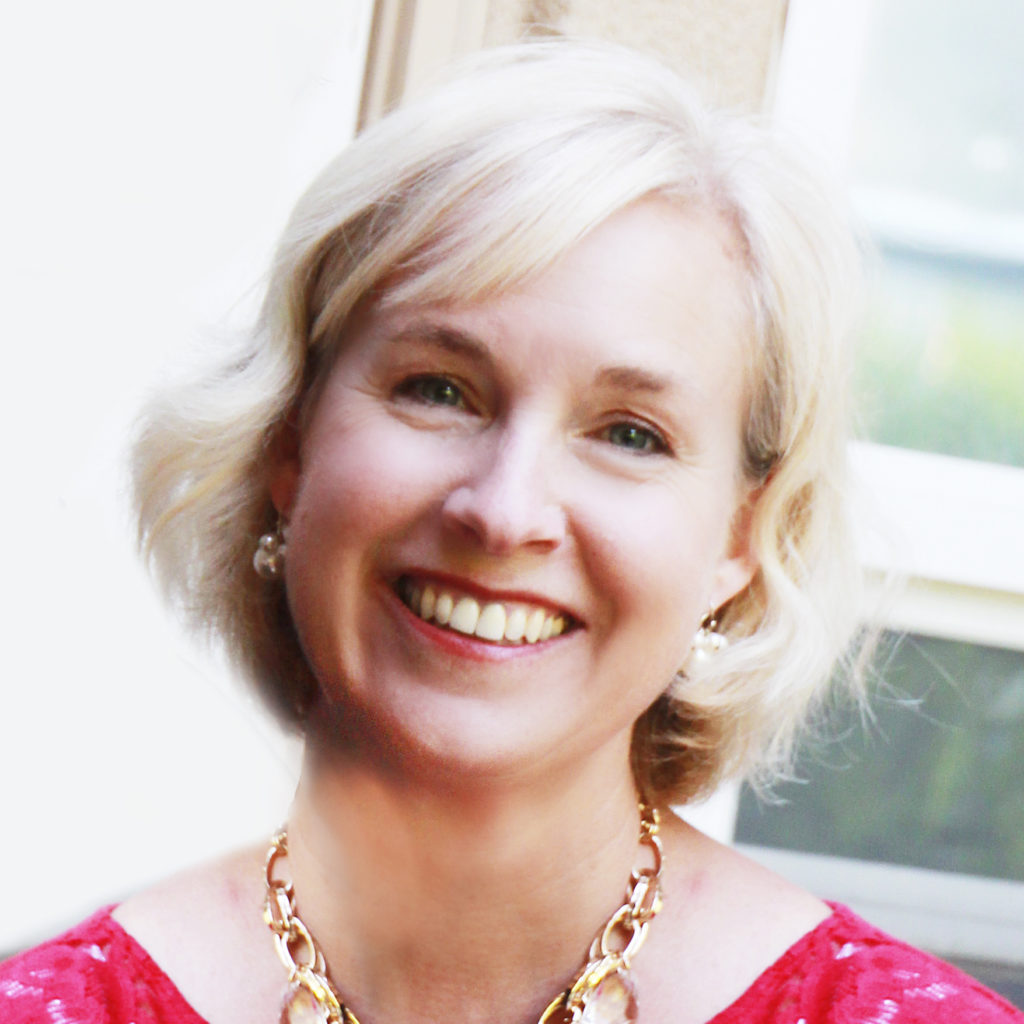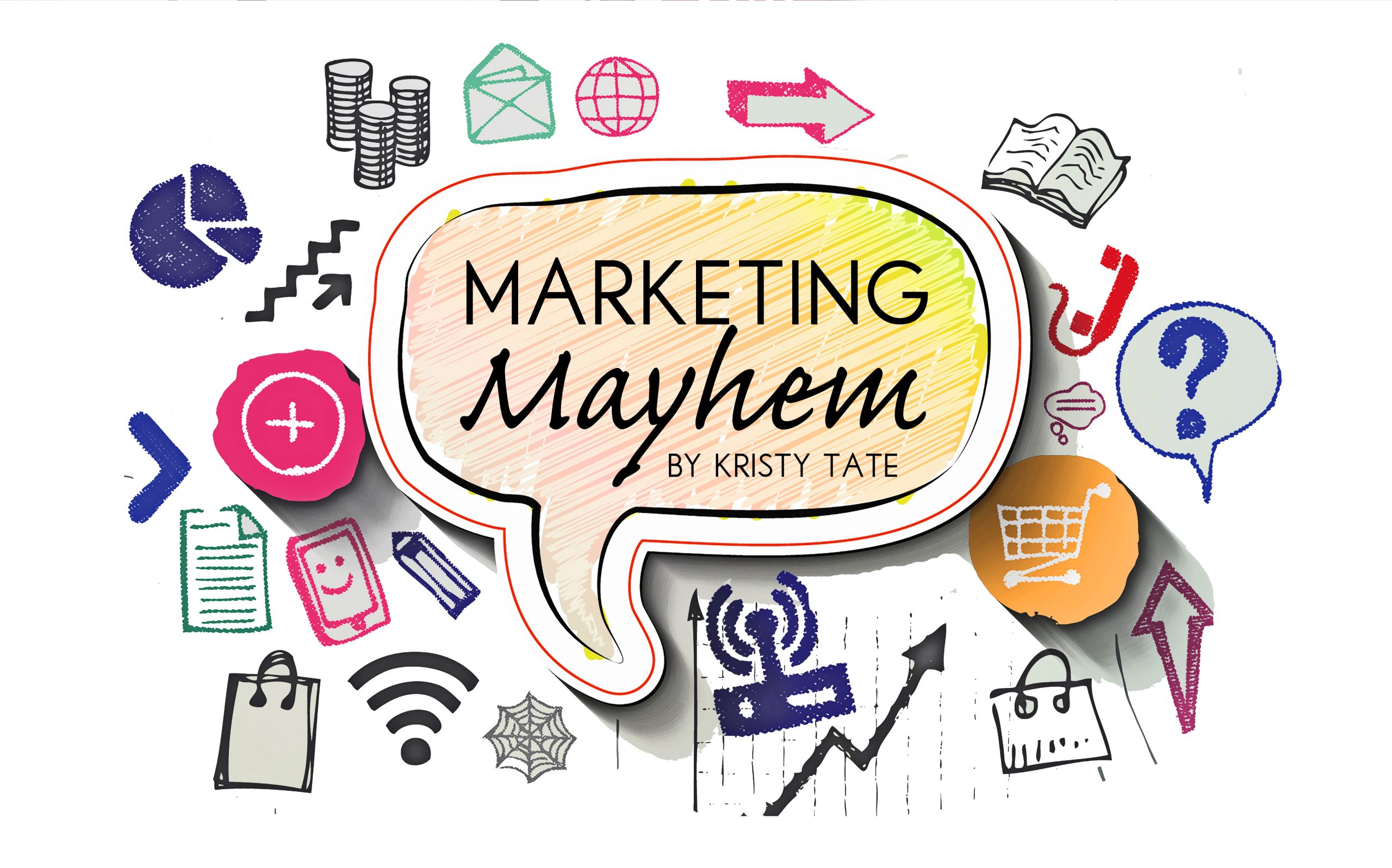By Kristy Tate //
A friend of a friend wrote to me with a list of questions about indie publishing. I’m the first to admit that if you were to stack me on a totem pole of financially successful authors, I wouldn’t be far off the ground. I’ve made a lot of mistakes, but I’ve learned from them. I’m happy to share what little I know.
I’ve read a lot of books and taken many courses—some I wish I had read or taken before I started publishing. I’ll make a list—in no particular order—at the bottom of this post. First, I’ll answer the questions.
Q: How did you know which publishing route to use with your first book?
A: To begin with, when I was eight years old, I wrote in my journal that I was going to be a writer. But more than anything, I wanted to be a mom. Mom first, author second. I never deviated or looked right or left at different career paths. I started writing daily when the youngest of my six children were all in school. I wrote during soccer practice, piano lessons, play rehearsals, etc.
I didn’t want to use our household finances to pay for my writing, so I taught piano lessons to pay for workshops, conferences, and courses. When I first started, self-publishing was an expensive endeavor, which I didn’t even consider.
I had some successes—won awards and contests. Once I had an editor at Penguin Publishing interested in my book, The Rhyme’s Library, and he had it on his desk for ten months before he turned it down.
I belong to an amazing writers’ group—Orange County Fictionaires—and one of our fellow authors, Debra Holland, was enjoying wild success as an indie author, so I followed in her footsteps. You can read more about that decision on these blog posts.
These were written almost ten years ago. I’ve grown a lot since then.
https://kristystories.blogspot.com/…/argument-for-self…
https://kristystories.blogspot.com/…/when-hooray-goes…
https://kristystories.blogspot.com/…/more-on-my…
Q: How have your books been published since then?
A: All of my books have been indie-published except for my Kindle Scout-winning book, Witch Ways, which was published with Kindle Press—an Amazon imprint. I loved working with the editors. It was a tiny taste of what a team can do for my work.
Q: What does independently published mean?
A: This means I’m responsible for the editing, artwork, publishing, and marketing of my books.
Q: Have your paperbacks or ebooks been more successful?
A: Hands down, the ebooks.
Q: What made you want to use a pen name?
A: It’s all about tickling the Amazon algorithms. Read Chris Fox’s Writing to Market.
Q: How do you market your works?
A: There are numerous courses and books on this. See my list below. Also, I’ll write a blog post about my 2021 business goals and post it on my blog.
Q: Do you write in only one genre?
A: No. But I wish I had. Not that I regret any of my books. I’ve loved them all and each story taught me something I needed to learn. But if I were chasing financial success, I would have picked a popular genre and written as many books in that genre as I could.
Q: Do you know of anyone who has had success writing for different age groups? (I have story ideas for kids, teens, and adults, but I’ve heard I should be writing for a niche audience.)
A: If I were you, I would have a pen name for each genre. This will mean a lot of juggling, but it will be worth the time and investment.
Q: What questions have I forgotten to ask?
A: I don’t know, but I hope my answers helped. Feel free to ask me anything. Here’s a list of things I would say to new authors:
- Don’t expect to make money on one book. You make money on having a backlist of books.
- Treat your readers like friends. Always remember there are people on the other side of the page and they are more important than booksellers, literary agents, or movie moguls. Put out a newsletter regularly and often and write to them like you would beloved family members.
- Develop a thick skin. Your book is your gift to your world, but be prepared because there will be some—maybe even people you love—who will stomp on your gift with steel-spiked boots. When you get a nasty, mean-spirited review, read and reread this quote:
“It is not the critic who counts; not the man who points out how the strong man stumbles, or where the doer of deeds could have done them better. The credit belongs to the man who is actually in the arena, whose face is marred by dust and sweat and blood; who strives valiantly; who errs, who comes short again and again, because there is no effort without error and shortcoming; but who does actually strive to do the deeds; who knows great enthusiasms, the great devotions; who spends himself in a worthy cause; who at the best knows in the end the triumph of high achievement, and who at the worst, if he fails, at least fails while daring greatly, so that his place shall never be with those cold and timid souls who neither know victory nor defeat.”
- Take as many courses on both writing craft and marketing as you can afford. Even if you have to teach piano lessons or dig ditches to do so.
- Join Facebook groups where authors gather, like the Writing Gals. Listen to podcasts like Six Figure Authors and Sell More Books Show.
- Don’t bother spending money on marketing your books until you have at least three in one specific genre.
- Find an editor who enjoys your genre and your books. After you think your book is edited and polished as much as you think it can stand, send it to early readers and ask them to let you know if they find typos/mistakes.
As I said earlier, there’s so much I don’t know. I’m still learning. I hope to still be learning until I’m too old to see and too feeble to type. Until then, write on.
Books I recommend:
Writing and Marketing Systems, Elana M Johnson
Newsletter Ninja, Tammi L Labrecque
Whole Book Marketing, Victorine Lieske
Advantage: Harnessing Cumulative Advantage in Winner Takes all Publishing Marketing, Joe Solari

KRISTY TATE is the Social Media Director for O.C. Writers and a USA Today bestselling author. To date, her newsletter subscriber list is edging toward 15,000. www.KristyTate.com.

